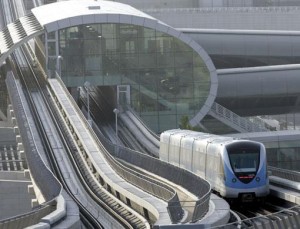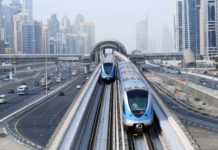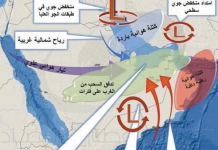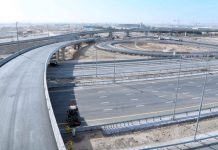Source: www.afp.com
DUBAI — Dubai ruler Sheikh Mohammad bin Rashed al-Maktoum, who put his desert emirate onto the world map with a rapid development drive, now faces a debt crisis that could wreck his dream.

Just two weeks after he vowed that Dubai will go ahead with its ambitious development projects, its main state-owned firm announced on Wednesday that it wants to halt debt repayments for six months.
Sheikh Mohammad, 60, is the British-educated architect of the globalisation of the Dubai brand. An avid horse-racing fan, his vision has been the driving force that has ranked little Dubai as a business, IT, leisure and tourism hub.
Although he formally took over as ruler only on the death of his elder brother on January 4, 2006, Sheikh Mohammad has long been pushing his vision of elevating Dubai to the status of a global city.
Fears that Dubai could default on its massive debt sent shock waves around the world’s already brittle stock markets last week, damaging its business credibility.
On November 9, Sheikh Mohammad said the economic crisis “will not deter Dubai’s ambitions of implementing its development plans and … will not (keep) it from playing its role in the arena of the international economy.”
And yet around 400 real estate projects in the United Arab Emirates (UAE), of which Dubai is a member, valued at around 300 billion dollars, have reportedly been frozen due to the crisis.
However, the Dubai government has pressed on with infrastructure projects, including the construction of the Dubai Metro which opened in September.
Undaunted, Sheikh Mohammad said that “as the global economy stabilises, Dubai today is well-placed to exploit its inherent strength and its key strategic location to start new rounds in its march towards excellence.”
Sheikh Mohammad has also carefully crafted his role as a national leader since also succeeding his brother, Sheikh Maktoum, as vice president and premier of the UAE.
In February 2007, he unveiled an economic plan for Dubai aimed at maintaining double-digit growth, achieving a gross domestic product of 108 billion dollars and increasing per capita GDP to 44,000 dollars by 2015.
Economic aims set out in 2000 for the next 10 years “have been realised in half the time,” with GDP reaching 37 billion dollars in 2005, he boasted.
Over the course of 20 years, Sheikh Mohammad transformed Dubai, an emirate where natives make up only some 20 percent of the population, into a popular tourist destination.
His decision in 1985 to arm Dubai with an airline, Emirates, was the first crucial move in his strategy to develop the city state.
In the following years, countless mega projects — ranging from the world’s tallest skyscraper to man-made islands in the shape of the world map — were launched and various specialised free zones set up.
Grandiose or exotic ventures, including a “Dubailand” planned as a Middle East version of Orlando and an indoor ski resort, have brought a steady stream of tourists to the emirate.
Sheikh Mohammad has led the charge to model Dubai — where Asians are by far the largest group of expatriates, followed by Arabs and Westerners — as a haven of tolerance.
Non-Muslim residents can practice their rituals freely and Dubai hosts several churches. But religious freedom has limits, and proselytising for any religion other than Islam is strictly prohibited.
Dubai joined other emirates making up the UAE in holding indirect and partial elections to an advisory federal body in December 2006.
Born in Dubai in 1949, Sheikh Mohammad studied in a military college in Britain before starting his public career in 1968 as the director of police and public security in the emirate, which was still a British protectorate.
He is passionate about horses and regularly takes part in endurance races. Keen on poetry, he is married to Princess Haya, daughter of the late King Hussein of Jordan, who shares his interest in horses.
Copyright © 2009 AFP. All rights reserved



















